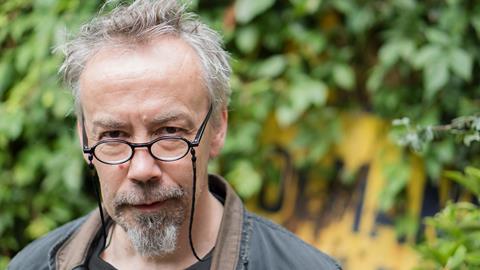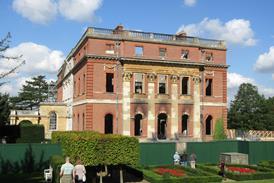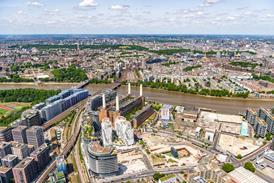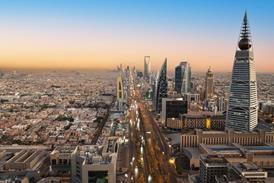Quality architecture and placemaking need respected, well-resourced, self-confident local government, says David Rudlin

By the time this is published Thursday’s European elections will have rendered the local elections a distant memory, but this is a monthly column so bear with me. Throughout the run-up to and analysis of the local elections earlier this month we were constantly told they were all about Brexit rather that local issues like “potholes and bins” and that hard-working politicians who had been dealing diligently with said potholes and bins were being unfairly punished for the sins of their national parties.
Well if my daily cycle ride to work is anything to go by, austerity has put paid to any comprehensive action on potholes. Until, that is, they threaten to swallow a bus. And bins: they haven’t been a political issue since we were all given recycling bins 10 years ago. But no, no: I’m falling into the same trap!
The point is – are we really saying this is all local government does? What about social services, education, housing policy, transport and roads, environmental health, community development regeneration and planning? Do these things not matter? I realise that local authorities have been denuded of powers and responsibilities but they are still incredibly important. They no longer, for example, run most schools or own their council housing but they still control access to school places and social housing. In terms of the day-to-day life of most people most of the time they are at least as important as national government and certainly about a lot more than potholes and bins. It is massively condescending to refer to local government in this way and plays into a wider trend of councils being marginalised and dismissed as irrelevant.
In Greater Manchester we don’t have the mayoral election until next year but the main election issue in many districts was the Greater Manchester Spatial Framework. In the places that saw political shifts, like Bolton, Stockport and Trafford, the issue was allocation of sites in the green belt (even if this was much reduced in the most recent consultation draft of the plan published earlier this year). Sure Brexit will have played its part and probably accounted for independents being the main beneficiaries of the protest vote, but it was real local politics.
Quality architecture and placemaking need respected, well-resourced, self-confident local government
This matters for those of us in the built environment. One way or another local councils are partners in all development. They have regulatory oversight over planning and building regulations, they collect S106 and CIL contributions, they provide services like education to new residents, they adopt the completed public realm (taking responsibility for future potholes) and, yes, they even empty the bins.
They are also significant players in the property market as major landowners, promoters of regeneration programmes and, increasingly, direct investors and developers. And they are the ones who have to account for the outcomes of development to their electorate in a way that developers and architects can largely avoid. We all complain about bureaucratic officers and ill-informed local politicians but we shouldn’t be surprised if this is the result of the constant belittling of local government. Quality architecture and placemaking need respected, well-resourced, self-confident local government.
We should also celebrate local representative democracy. We talk a lot about direct democracy, about community involvement and participation, about localism, neighbourhood planning and the co-creation of new places with the local community.
In much of this debate, direct democracy trumps representative democracy. With direct democracy we are talking directly to the community rather than to distant councillors. However the term “local community” implies that we are somehow talking to everyone, whereas in reality even in the most engaged communities, we are talking to a few hundred people at most and they may not be representative of the wider community. By contrast my local councillor Angeliki Stogia was re-elected in May with just over 2,500 of the 3,600 votes cast on a 33% turnout. This is more than 10 times the mandate of all the local community or voluntary organisations in the area. Of course there is a question about how many of those votes were due to her excellent work locally and in the wider city and how many came from tribal loyalty to her party.
I have often thought that the ideal system would be for each community to get together and nominate three people to speak on their behalf in wider city debates. That would be true democracy. Then I realise that is exactly what we already have; it just doesn’t always feel that way.
















2 Readers' comments